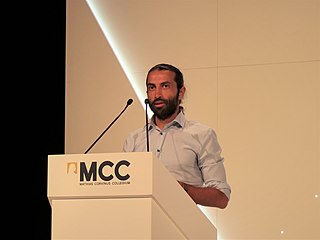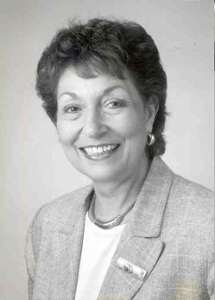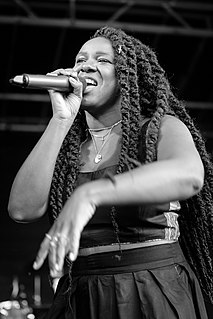A Quote by Judy Blume
I'm thinking of sending out censorship packets: information to share with those who want to defend my books when they come under fire. I'll tell why I wrote them and include reviews and letters of support from children and their parents.
Related Quotes
I want my thoughts to be an incentive for the reader to give his or her own thoughts. After I wrote 'Proust and the Squid,' I received truly hundreds of letters - I'm still receiving them - and the letters that I wrote back helped me formulate my thinking around things I know are important to others.
I wrote a huge number of letters that spring: one a week to Naoko, several to Reiko, and several more to Midori. I wrote letters in the classroom, I wrote letters at my desk at home with Seagull in my lap, I wrote letters at empty tables during my breaks at the Italian restaurant. It was as if I were writing letters to hold together the pieces of my crumbling life.
My daughter is seven, and some of the other second-grade parents complain that their children don't read for pleasure. When I visit their homes, the children's rooms are crammed with expensive books, but the parent's rooms are empty. Those children do not see their parents reading, as I did every day of my childhood. By contrast, when I walk into an apartment with books on the shelves, books on the bedside tables, books on the floor, and books on the toilet tank, then I know what I would see if I opened the door that says 'PRIVATE--GROWNUPS KEEP OUT': a child sprawled on the bed, reading.
Palestinians no longer blamed Yasser Arafat or Hamas for their troubles. Now they blamed the Israelis for killing their children. But I still couldn't escape a fundamental question: Why were those children out there in the first place? Where were the parents? Why didn't their mothers and fathers keep them inside? Those children should have been sitting at their desks in school, not running in the streets throwing stones at armed soldiers.
It's magical thinking to imagine that the reason unspeakable things are being perpetrated by younger and younger people is that they've fallen under the influence of seductive, lascivious, prurient, and violent material in books, films, television. A great deal of this type of censorship has to do with absolving parents of responsibility - parents who just plop their kids in front of the television and leave them there hour upon hour.
Making fiction for children, making books for children, isn't something you do for money. It's something you do because what children read and learn and see and take in changes them and forms them, and they make the future. They make the world we're going to wind up in, the world that will be here when we're gone. Which sounds preachy (and is more than you need for a quotebyte) but it's true. I want to tell kids important things, and I want them to love stories and love reading and love finding things out. I want them to be brave and wise. So I write for them.
Children grow rapidly, forget the centuries-long embrace from their parents, which to them lasted but seconds. Children become adults, live far from their parents, live their own houses, learn ways of their own, suffer pain, grow old. Children curse their parents for their wrinkled skin and hoarse voices. Those now old children also want to stop time, but at another time. They want to freeze their own children at the center of time.
The act of sending a letter is an act of generosity, even if, in retrospect, it might seem reckless. Why regret one's generosity? Why regret one's impulsiveness, one's misjudgment of others? The inevitable discovery that someone is selling letters you'd written in trust is simply to discover an obvious human truth: there are those who don't cherish us as we'd cherished them, and had wished to be cherished by them.


































